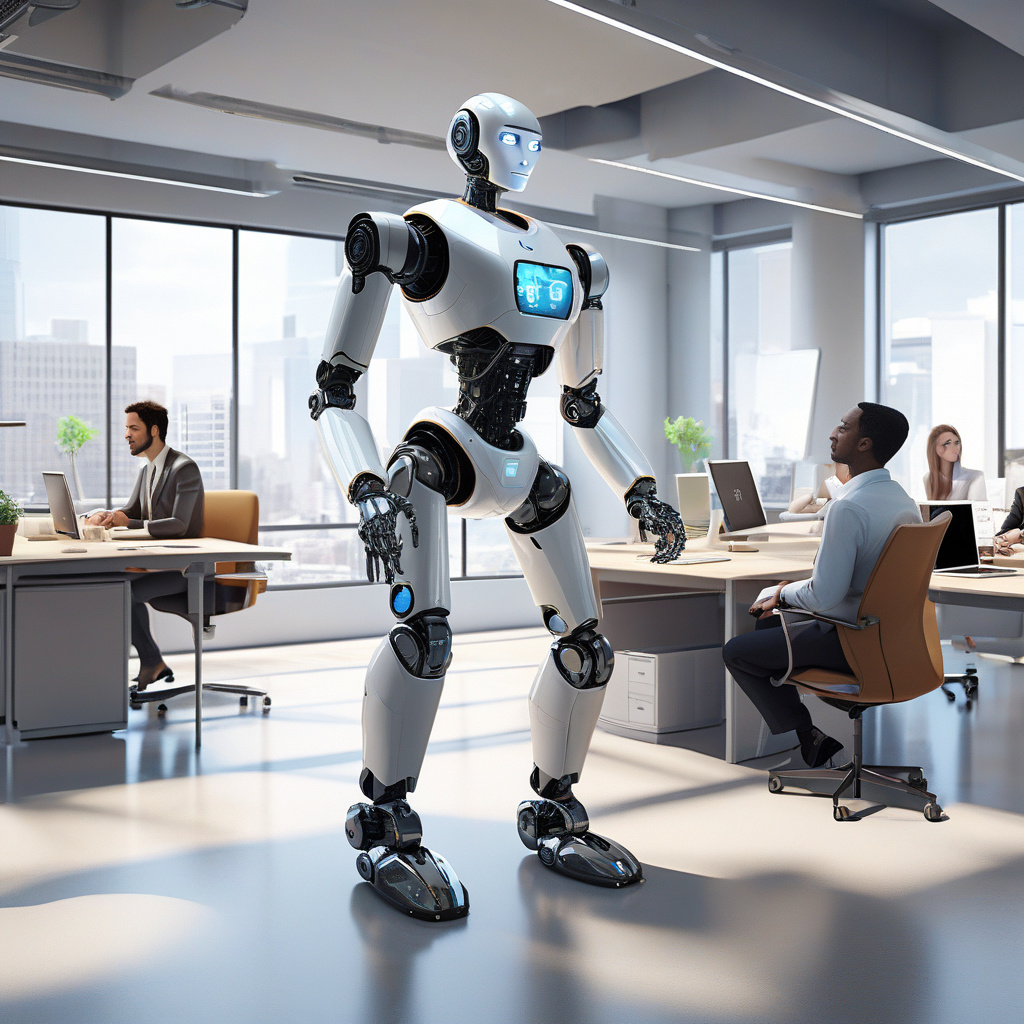The advent of Agentic AI marks a pivotal juncture in the trajectory of enterprise technology. Companies are transitioning from traditional generative models to embracing autonomous digital co-workers. This shift signifies a fundamental change in how businesses approach AI integration within their operations.
Agentic AI represents a paradigm shift in the capabilities of artificial intelligence systems. Unlike generative models that rely on predefined rules and structured data inputs to generate outputs, agentic AI operates with a higher degree of autonomy and decision-making capabilities. These systems can analyze complex scenarios, adapt to changing environments, and take independent actions to achieve desired outcomes.
One of the key advantages of agentic AI is its ability to function as a digital co-worker within an enterprise setting. These AI entities can collaborate with human employees, augmenting their capabilities, and automating routine tasks. By offloading repetitive and time-consuming work to autonomous digital co-workers, organizations can streamline their operations, increase efficiency, and free up human resources to focus on more strategic tasks.
For example, in customer service operations, agentic AI can handle basic inquiries, process routine transactions, and provide personalized recommendations to customers. This not only reduces response times and improves customer satisfaction but also allows human agents to concentrate on resolving complex issues and building stronger relationships with clients.
Moreover, in industries such as healthcare and finance, agentic AI can assist professionals in data analysis, risk assessment, and decision-making processes. By leveraging the cognitive capabilities of agentic AI, organizations can enhance the accuracy of diagnoses, optimize investment strategies, and mitigate operational risks.
The transition to agentic AI requires a holistic approach encompassing technology adoption, workforce upskilling, and organizational restructuring. Companies need to invest in advanced AI systems, data infrastructure, and cybersecurity measures to support the deployment of autonomous digital co-workers effectively. Additionally, training programs should be implemented to familiarize employees with AI technologies, cultivate collaboration between human and AI agents, and ensure a smooth integration process.
As businesses navigate this shift towards agentic AI, they must also consider ethical and regulatory implications. Ensuring transparency, accountability, and fairness in AI decision-making processes is paramount to building trust with stakeholders and mitigating potential risks. Companies need to establish governance frameworks, ethical guidelines, and compliance measures to uphold ethical standards and regulatory requirements in the use of agentic AI.
In conclusion, the emergence of agentic AI heralds a new era of innovation and transformation for enterprises. By embracing autonomous digital co-workers, organizations can unlock new opportunities for growth, efficiency, and competitiveness in a rapidly evolving digital landscape. The integration of agentic AI represents not just a technological advancement but a strategic imperative for businesses looking to thrive in the age of intelligent automation.
—
Keywords: Agentic AI, generative models, autonomous digital co-workers, enterprise technology, artificial intelligence, digital transformation, AI integration, workforce upskilling, ethical implications, regulatory compliance.

